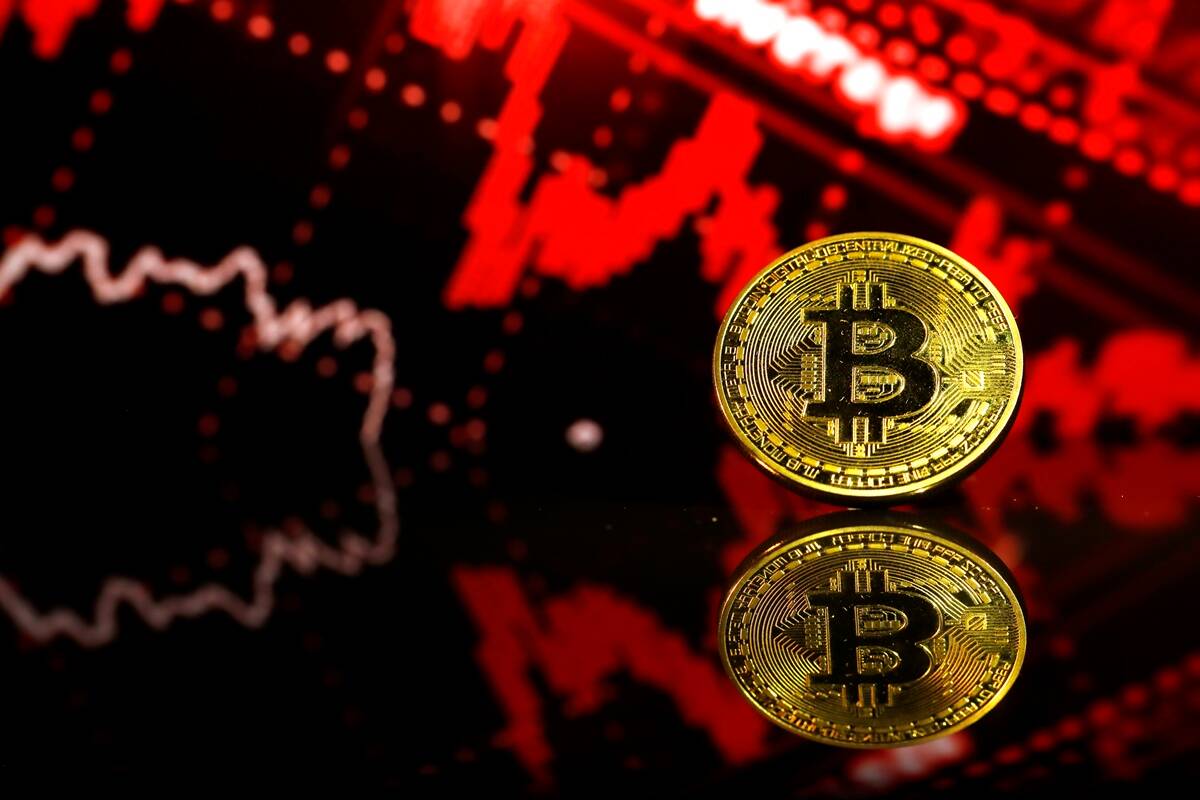Nigeria's SEC issues press release; backs CBN restrictions on crypto trade
The SEC's press release, which can be seen on its website, attempts to answer questions of conflict between the SEC's stance and that of the CBN on cryptocurrency.

Nigeria's Securities Exchange Commission (SEC) issued its response to the CBN's new policy on cryptocurrency in a press release on Thursday, February 11, 2021.
The SEC's press release, which can be seen on its website, attempts to answer questions of conflict between the SEC's stance and that of the CBN on cryptocurrency.
Exactly a week ago, the CBN issued warnings to all regulated financial bodies to desist from participating in, or facilitating cryptocurrency transactions. The tone of the warning, coupled with the threats of sanctions has led to regulated financial institutions pulling the plug on all services offered to crypto exchanges.
Read: What CBN's crypto ban means for Nigerian users and the local industry
There have also been reports of banks closing accounts of users who have retroactively traded cryptocurrency.
lol. Zenith Bank just called me to say they’ll close my account for using my card on buycoins 🥲
— hala: @marvin (@marvincuche) February 11, 2021
Questions have been asked about the legality of the CBN's actions, especially regarding the apex body's jurisdiction over cryptocurrency transactions. Earlier, in September 2020, the SEC had announced plans to regulate cryptocurrency trading in Nigeria.
The SEC, Nigeria's apex capital market regulator, mentioned in its September release that it recognised all virtual crypto assets as securities, unless proven otherwise. The commission also revealed its classification of other crypto products including utility tokens, security tokens and derivatives.
The SEC's September 2020 release was well-received by the public as it appeared that the body was progressive in its handling of cryptocurrencies. That progress has been seemingly curtailed by the CBN's latest statement on cryptocurrency.
The CBN's ban raised questions about the SEC's previous release. If the SEC recognised cryptocurrencies as tradeable securities, why was the CBN trying to stop people from trading them?
The CBN, in another release, tried to explain the reasons behind its ban on crypto trading. The financial regulatory body claims the users of cryptocurrency value anonymity, obscurity, and concealment. It also went further to say that cryptocurrencies are well-suited for conducting illegal activities like money laundering, terrorism financing, purchase of small arms and light weapons, and tax evasion.
While the CBN's concerns around cryptocurrencies are valid, the forced exclusion of crypto exchanges from the financial ecosystem does nothing to alleviate them. Cryptocurrencies are primarily traded as peer-to-peer (P2P) — which is what any nefarious character looking to use them for illicit activity would do.
Exchanges are one of the few places where crypto transactions are centralised. Over the years, they have also instituted Know-Your-Customer (KYC) and anti-fraud policies on par with regulated financial institutions. These policies ensure that transactions on crypto exchanges can be traced to individuals.
If the CBN was truly looking to regulate transactions, it would work with these exchanges to fortify their KYC and anti-fraud efforts. Criminal characters are less likely to use exchanges than P2P for their transactions.
In its latest press release, the SEC committed to working with the CBN in order to better understand the risks of cryptocurrencies. The securities regulator also stated that it did not see any contradictions between its policies from last year and the CBN's recent instructions.
Prior to the CBN's announcement, however, the SEC had put plans in motion to admit crypto companies into its Regulatory Incubation Framework. Those plans have been put on hold till the companies can operate bank accounts in Nigeria i.e. until the CBN's order is rescinded.
There may yet be a glimmer of hope. The SEC also mentioned that it will be working with the CBN to put adequate mitigants in place against the risks identied by the financial body, should digital securities be allowed in the future. That statement implies that the SEC still sees a future for cryptocurrency in Nigeria and is willing to work towards it.
Following a debate on the floor of the Nigerian senate, both the CBN and SEC have been summoned to discuss the implications of the recent regulations on cryptocurrencies.
Update on May 16, 2022: The year stated in the first paragraph, was originally 2020—as opposed to 2021. That has been corrected now






